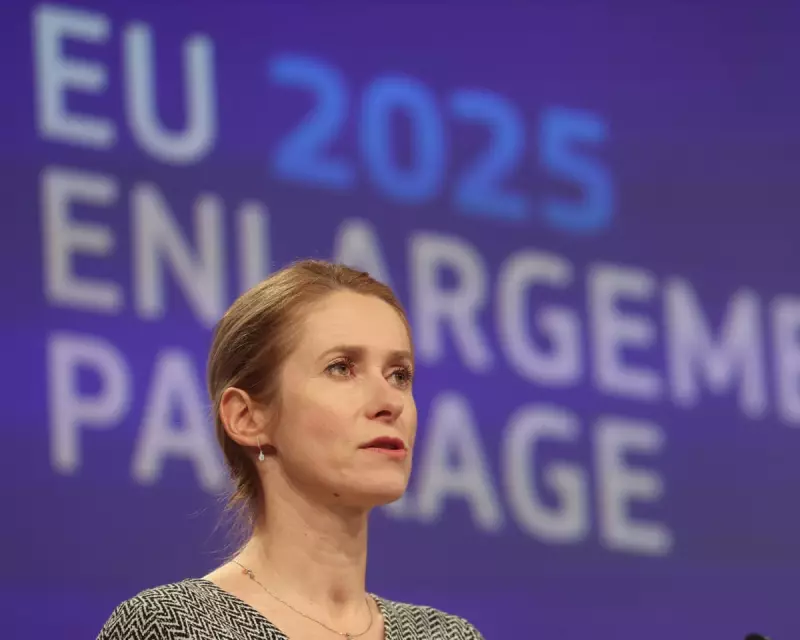
In a powerful address that could shape Europe's future, the European Union's foreign policy chief Josep Borrell has declared the argument for expanding the bloc is now "very clear-cut," signalling a major shift in Brussels' approach to enlargement.
Strategic Imperative Takes Centre Stage
Speaking with conviction, Borrell emphasised that the traditional technical debates about candidate countries' readiness have been overtaken by pressing geopolitical realities. "The discussion is no longer about the technicalities of who is ready for what," he stated, pointing to the profound changes in Europe's security landscape.
The EU's top diplomat argued that enlargement has evolved from a bureaucratic process to a strategic necessity, particularly in the wake of Russia's aggression in Ukraine. This represents a significant departure from the cautious, often technical approach that has characterised EU expansion talks for years.
Candidate Countries Await Historic Decisions
The European Commission is poised to deliver crucial recommendations next week regarding the accession prospects of several nations:
- Ukraine and Moldova: Both countries await verdicts on whether they can formally begin membership negotiations
- Western Balkan nations: Including Bosnia and Herzegovina, whose progress will be assessed
- Georgia: Hoping to achieve formal candidate status
Borrell acknowledged the transformative impact the war in Ukraine has had on European thinking, noting that security concerns have fundamentally altered the enlargement calculus.
Beyond Technical Readiness
The foreign policy chief stressed that the conversation has moved beyond mere technical compliance with EU rules. "It's a matter of political will and political decision," Borrell asserted, suggesting that member states must now weigh broader strategic interests against traditional concerns about absorption capacity.
This perspective acknowledges the delicate balance Brussels must strike between welcoming new members and ensuring the EU can function effectively with potentially 30+ member states.
The Road Ahead
While Borrell's comments indicate growing momentum for expansion, significant challenges remain. The requirement for unanimous agreement among all 27 current member states means each country holds veto power over any new accessions.
Nevertheless, the strong endorsement from the EU's top diplomat suggests that geopolitical considerations are increasingly outweighing traditional reservations, potentially paving the way for the most significant round of enlargement in decades.
As Europe stands at a historic crossroads, Borrell's clear-cut case for expansion may well mark a turning point in the continent's future trajectory.





